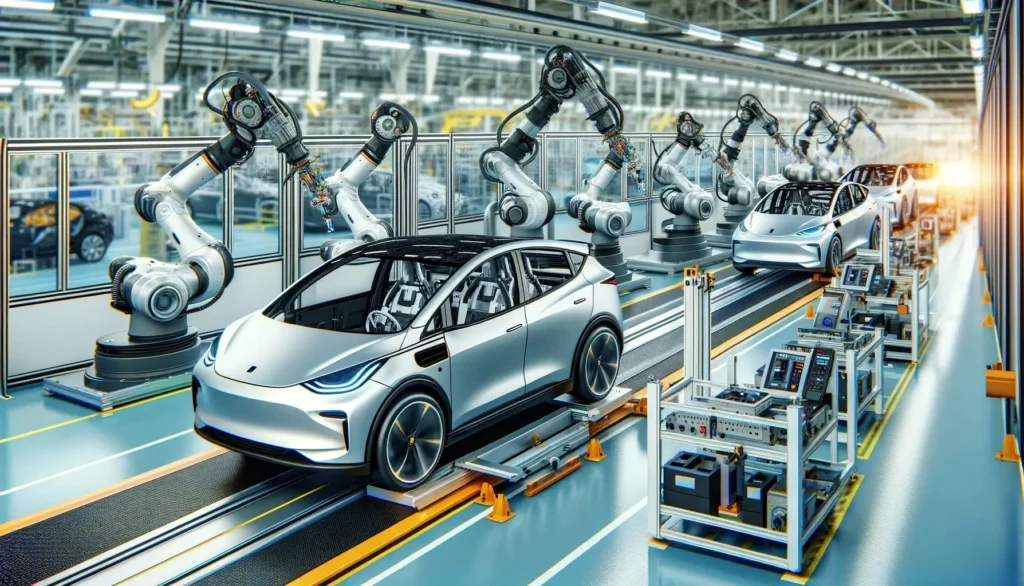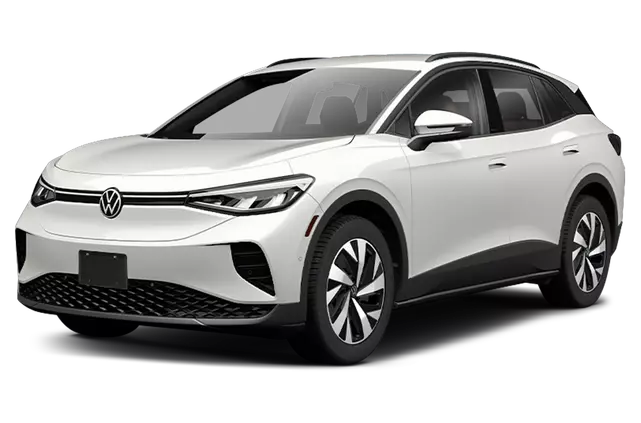Electric Vehicle (EV) sales in the United States have reached a significant milestone, with sales crossing 313,000 in the third quarter, a nearly 50% increase from the previous year. This surge has raised the EV market share to 7.9%, the highest ever recorded. However, leading automakers such as Ford, General Motors (GM), and Tesla are expressing concerns about the future growth and profitability of the EV market.
Key Challenges Facing the EV Market
Cost Competitiveness: Ford CEO Jim Farley emphasized the need for EVs to be competitive in terms of cost. Despite bullishness on their upcoming Gen 2 and Gen 3 EV models, Ford has paused $12 billion in EV investments, citing concerns over EV buyers’ reluctance to pay a premium over gas or hybrid vehicles.
Production Moderation: GM is moderating the acceleration of EV production in North America to adjust to slower near-term growth in demand and to implement cost-saving measures. This strategy is aimed at making their vehicles less expensive to produce and more profitable.
Economic Conditions: Tesla CEO Elon Musk has expressed concerns about the global economic conditions, especially the high interest rate environment, which impacts consumer purchasing power and demand for EVs. Tesla is delaying the construction of its Gigafactory in Mexico due to these concerns.
Pricing Imbalance: Research from J.D. Power highlights a significant pricing imbalance between EVs and internal combustion engine (ICE) vehicles, particularly in the compact SUV segment. This discrepancy poses a challenge for near-term EV sales, as the cost of EVs remains substantially higher than their ICE counterparts.
Government Incentives: While the $7,500 EV tax credit available at the point of sale is expected to boost sales, additional incentives may be necessary to bridge the price gap between EVs and gas-powered vehicles and to address higher financing costs.
Infrastructure Concerns: Concerns about charging infrastructure and range anxiety remain significant barriers to EV adoption. Approximately 77% of respondents in a Yahoo Finance/Ipsos EV poll cited these as their most pressing concerns when considering an EV.
Cautious Cash Management: Automakers are keeping cash in reserve and planning to deploy it when economic conditions stabilize. This approach is seen as prudent by analysts, allowing companies like Ford to maintain liquidity and invest in electrified vehicles and software services.
Future Outlook For Electric Vehicles
Despite the challenges, the shift towards EVs is seen as inevitable. However, the path to mass adoption may be marked by periods of slow progress. The goal of achieving 50% EV sales by 2030, as set by the White House, appears overly optimistic under current conditions.


